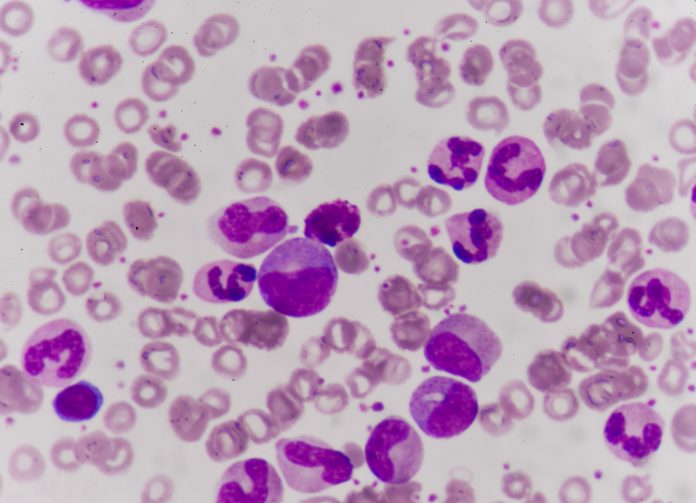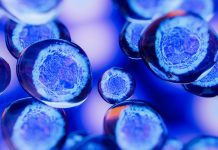The lives of those who live with hereditary angioedema, a rare genetic disorder causing severe and unpredictable swelling attacks, may be transformed by a new form of gene editing therapy
Researchers from the University of Auckland, Amsterdam University Medical Center, and Cambridge University Hospitals have successfully transformed patients’ lives with hereditary angioedema. The breakthrough comes from a single-dose treatment utilising CRISPR/Cas9 gene-editing technology, indicating promising results in a phase one study.
Investigational therapy
The investigational therapy, NTLA-2002, targets the KLKB1 gene responsible for producing plasma prekallikrein. By editing this gene, the therapy reduces levels of total plasma kallikrein, effectively preventing angioedema attacks.
Published in the prestigious New England Journal of Medicine, the study’s interim results show a dose-dependent reduction in total plasma kallikrein protein, with reductions of up to 95 per cent achieved.
Creating a permanent cure
Dr Hilary Longhurst, a clinical immunologist at Auckland Hospital Te Toku Tumai, expresses optimism about the treatment, noting, “It looks as if the single-dose treatment will provide a permanent cure for my hereditary angioedema patients’ very disabling symptoms.”
The therapy holds promise for those with hereditary angioedema and also opens doors for the development of similar CRISPR/Cas9 treatments for various genetic disorders.
Diagnosing hereditary angioedema
Globally, an estimated one in 50,000 people are affected by hereditary angioedema, but due to its rarity, correct diagnosis is often challenging.
Dr Danny Cohn from the Amsterdam University Medical Center emphasises the significance of these results, stating, “We’ve never been closer to the ultimate treatment goal of normalising hereditary angioedema patients’ lives and offering total control of the disease.”
The phase one study, conducted in New Zealand, the Netherlands, and the UK, showed no serious or lasting side effects from the single infusion, administered over two to four hours under clinical supervision since late 2021. A mean reduction of 95 per cent in angioedema attacks was observed across all patients in the study.
“We’ve never been closer to the ultimate treatment goal of normalising hereditary angioedema patients”
Dr Padmalal Gurugama, a consultant in clinical immunology and allergy at Cambridge University Hospitals, highlights the potential impact on patient’s lives, stating, “Hereditary angioedema can cause patients severe swellings and intense pain, which can be life-threatening as well as restricting normal activities.”
Changing the lives of patients
One patient, Judy Knox from New Zealand, describes her experience with the CRISPR/Cas9 therapy as a “medical magic wand” that has changed her life.
Before the treatment, Judy faced abdominal swelling, vomiting, and severe pain lasting days. Dental surgery triggered dangerous swelling in her mouth.
Now, having participated in the study, Judy has weaned herself off medications and feels like she has a “whole new life.” She encourages others, saying, “Go for it because it really works.”
Moving onto phase two trial
The success of the phase one study has paved the way for a larger and more robust phase two trial, currently underway, with a phase three trial planned to start in the second half of 2024. Researchers plan to follow up with the initial study patients for another 15 years to assess long-term safety and efficacy.
Funded by US company Intellia Therapeutics, the studies focus on NTLA-2002, an in vivo CRISPR therapy. Unlike the currently approved ex vivo CRISPR therapy CASGEVY, which involves editing cells outside the body, NTLA-2002’s targeted gene editing occurs directly within the patient’s body.
Editor's Recommended Articles
-
Must Read >> Secarna: Next generation antisense therapeutics














